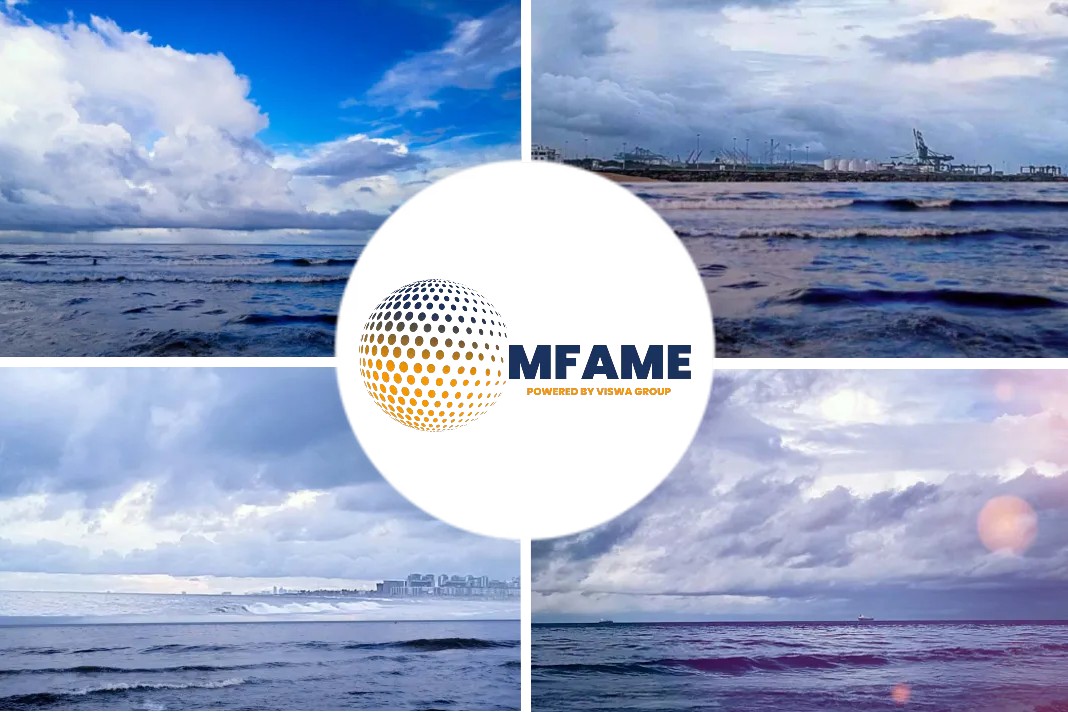Responding to increasing demand, Japanese Mitsubishi Shipbuilding, a part of Mitsubishi Heavy Industries (MHI) Group, has set its sights on commercialising the ammonia/liquefied CO2 carrier as an important part of the carbon dioxide capture, utilisation, and storage (CCUS) value chain,says an article published in Offshore Energy.
Concept design
Based on the recently unveiled concept design for the vessel, Mitsubishi Shipbuilding plans to further advance the technology and commercialise the ammonia/LCO2 carrier in cooperation with marine-related corporations and petroleum development corporations.
What is more, the company intends to continue to develop various types of ships based on this design in order to respond flexibly to customer needs.
To remind, the shipbuilder conducted an extensive study together with compatriot shipping company Mitsui O.S.K. Lines (MOL) to provide the basis for a type of vessel with the potential to become mainstream in the LCO2 carrier market.
Effective utilization
“Ammonia is a source of stable clean energy projected to be used widely in the future, and LCO2 carriers play an important role in the CCUS value chain, which is attracting attention as a means to achieve a decarbonised world, by providing a way to efficiently transport recovered LCO2 to storage sites and facilities for effective utilisation”, Mitsubishi Shipbuilding explains.
As described, the vessel developed through this conceptual study is designed to carry ammonia on its outward journey and LCO2 on the return trip.
Specific carriers for each material normally run empty on their return voyage, so a ship able to handle both substances will increase operational efficiency, and contribute to enhanced transport efficiency overall, the developers claim.
Energy transition Strategy
As an integral part of MHI Group’s energy transition strategy, Mitsubishi Shipbuilding has established the Marine Future Stream vision for 2050 in the ship and marine sector, setting the goals of “a decarbonised marine world” through autonomous operation and electrification, and “effective utilisation of the marine space” through renewable energy and the carbon cycle, and working to generate and implement ideas for marine-related innovation.
Did you subscribe to our daily Newsletter?
It’s Free! Click here to Subscribe
Source: Offshore Energy






















